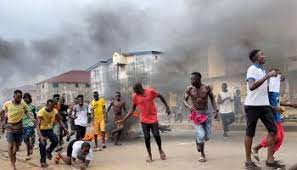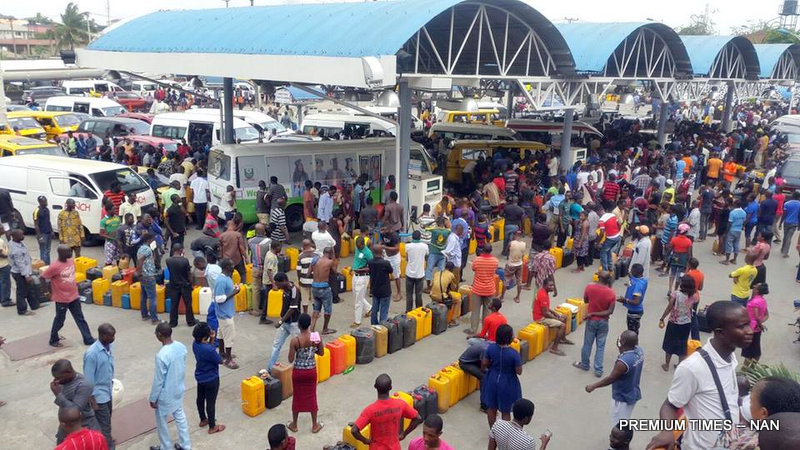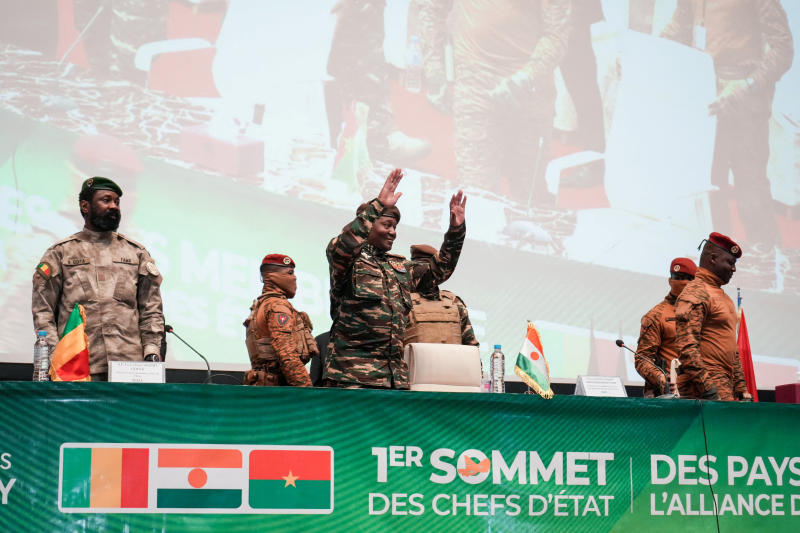A delegation from the ECOWAS Commission and Nigeria’s government, on Tuesday, (28 November) met with Sierra Leone’s President Julius Maada Bio, in an apparent show of solidarity for the country’s government following a recent deadly attack on the armory, expressing the West African bloc’s commitment to “the deployment, if need be, of regional elements.”
The envoys visited Sierra Leone on a solidarity and fact-finding mission in the wake of Sunday’s series of attacks on the armory at the Wilberforce Barracks in the capital Freetown that has been described as a failed coup attempt. “ECOWAS is ready and committed to supporting the people of Sierra Leone, including to strengthen their national security and the deployment, if need be, of regional elements,” said the head of the ECOWAS Commission Omar Alieu Touray, conveying the message of the chair of the 15-regional bloc and Nigaria’s President Bola Ahmed Tinubu. ECOWAS also said it was deeply concerned about recent events in the region, with three of its 15 member states, Burkina Faso, Mali and Guinea under military rule. “Anything that will interfere with democracy, peace and security, and stability of Sierra Leone will not be accepted by ECOWAS or Nigeria,” Nigeria’s National Security Adviser, Nuhu Ribadu, said during the visit.
Meanwhile, Sierra Leone’s information minister has said 13 military officers were arrested in relation to the weekend assault in capital Freetown, while the police has declared 34 persons, including military officer and civilians, wanted for questioning over their roles in the attempted coup that started with an attack on the armoury on Sunday (27 November). Government authorities have also said at least 20 people were killed in the attacks and about 2,200 people also escaped from prisons that were attacked. Tensions remain in Freetown, where checkpoints have sprung up and schools and banks remain closed, while a curfew is in place from dusk until dawn. Frictions in the West African nation have been building since a contested election in June, with President Bio winning reelection amid concerns about the transparency of the election and also a rapid rise in the cost of living, which has triggered public frustration with Bio and his government.



